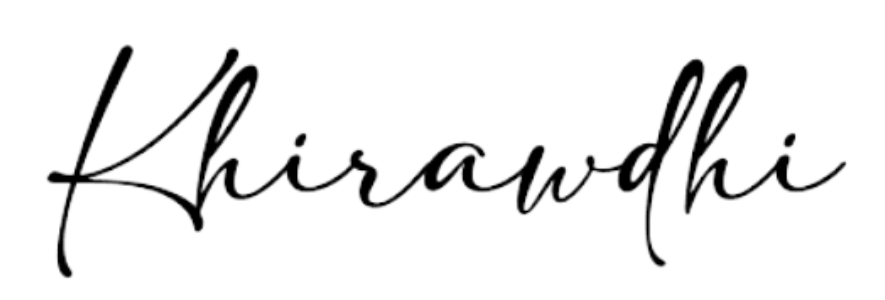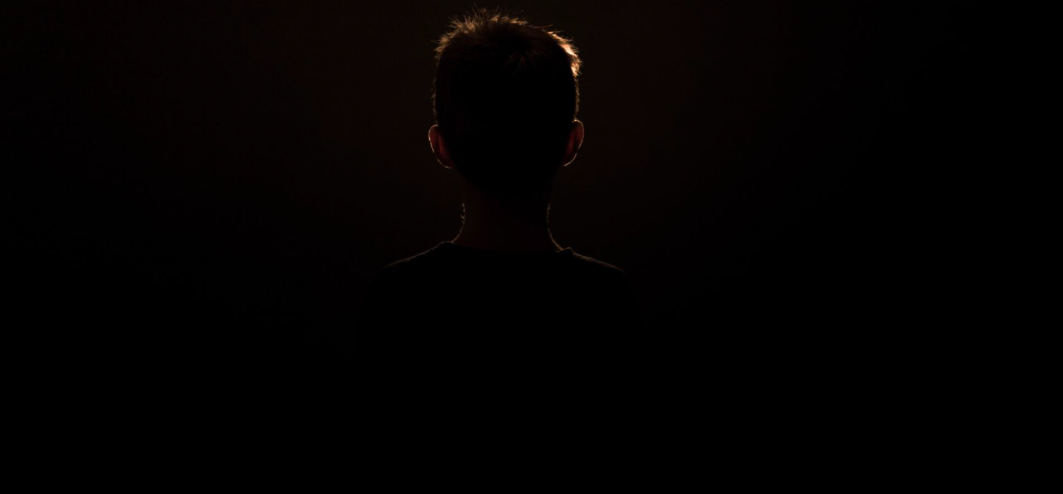The Question at the Heart of Life
Every human being, at some point, asks: Why do I suffer? Is it fate, karma, punishment, or something deeper?
Vedanta, the wisdom of the Upanishads, gives a compassionate answer. Suffering is not punishment from a higher power, nor is it meaningless. It is the result of ignorance of our true nature and the teacher that gently pushes us back toward the Self.
The Root of Suffering: Ignorance (Avidya)
Vedanta teaches that the ultimate cause of suffering is not external events, but ignorance of who we really are.
- We mistake the temporary (body, wealth, relationships) for the eternal.
- We attach to what changes, and feel pain when it inevitably does.
- We identify with the ego, forgetting the Atman (the true Self).
This ignorance leads to desire, attachment, fear, and grief. The chain continues until we break it with knowledge.
The Law of Karma: Cause and Effect
Karma is often misunderstood as “destiny” or “punishment.” Vedanta clarifies: Karma is simply the law of cause and effect.
- Every thought, word, and action leaves an impression (samskara) on the mind.
- These impressions create tendencies (vasanas), which shape our future experiences.
- Thus, our present is a result of past choices, and our future unfolds from today’s actions.
Suffering, then, is not arbitrary. It is the unfolding of seeds we ourselves have sown sometimes in this life, sometimes earlier.
Why Suffering is a Teacher
Suffering has a sacred purpose: it wakes us up.
- When things go well, we get lost in pleasure and forget inquiry.
- When pain strikes, we are forced to question: Who am I? Why is life this way? What is permanent?
In this way, suffering is not an enemy but a doorway. It invites us to seek the Self, where true peace resides.
Vedantic View: From Bondage to Liberation
Vedanta describes the cycle of suffering in three stages:
- Ignorance (Avidya): Forgetting our true nature.
- Bondage (Samsara): Getting caught in endless cycles of desire, attachment, birth, and death.
- Liberation (Moksha): Realizing we are not bound at all, we are the Atman, ever free.
The way out of suffering is not to control every event in life, but to awaken to the Self, which is untouched by events.
Everyday Illustrations
- The Movie Analogy:
In a sad film, you may cry and feel loss. But deep down, you know it’s a movie. Similarly, suffering feels real, but the Self remains untouched. - The Snake and Rope:
Mistaking a rope for a snake creates fear. The moment you see it clearly, the fear vanishes. Suffering dissolves the same way when you see reality as it is. - The Ocean and Waves:
A wave rises and falls sometimes calm, sometimes stormy. But the ocean remains vast and undisturbed. You are the ocean, not the wave.
How to Approach Suffering: The Vedantic Way
- Practice Discrimination (Viveka): Ask: is this permanent or temporary? Real or unreal?
- Cultivate Detachment (Vairagya): Engage in life, but don’t cling to outcomes.
- Self-Inquiry (Atma Vichara): When suffering arises, ask: Who is suffering? The ego, or the Self?
- Surrender (Ishvara Pranidhana): Trust the unfolding of karma. Accept what comes as a chance to grow.
- Meditation: Sit in silence. Notice how pain, like joy, arises and passes. Awareness remains untouched.
From Suffering to Freedom
Vedanta does not promise a life free from challenges. Bodies will age, relationships will change, loss will occur. But it promises something deeper: the discovery that you are not limited to these experiences.
Suffering becomes lighter when you no longer take it as “mine.” It becomes fuel for awakening, not bondage.
Conclusion: Liberation is the End of Suffering
Suffering ends not when the world becomes perfect, but when we awaken to our true nature. The ego suffers. The Self never does. Liberation (moksha) is not in some distant heaven, it is here, now, in the recognition that you are not bound by karma, body, or mind. You are the eternal witness – free, blissful, complete.
Reflection for Readers:
Next time you feel deep pain, pause and ask: Is this suffering happening to the real me, or only to the passing story of ego? In that moment of awareness, the chains of karma loosen.


Leave a Reply